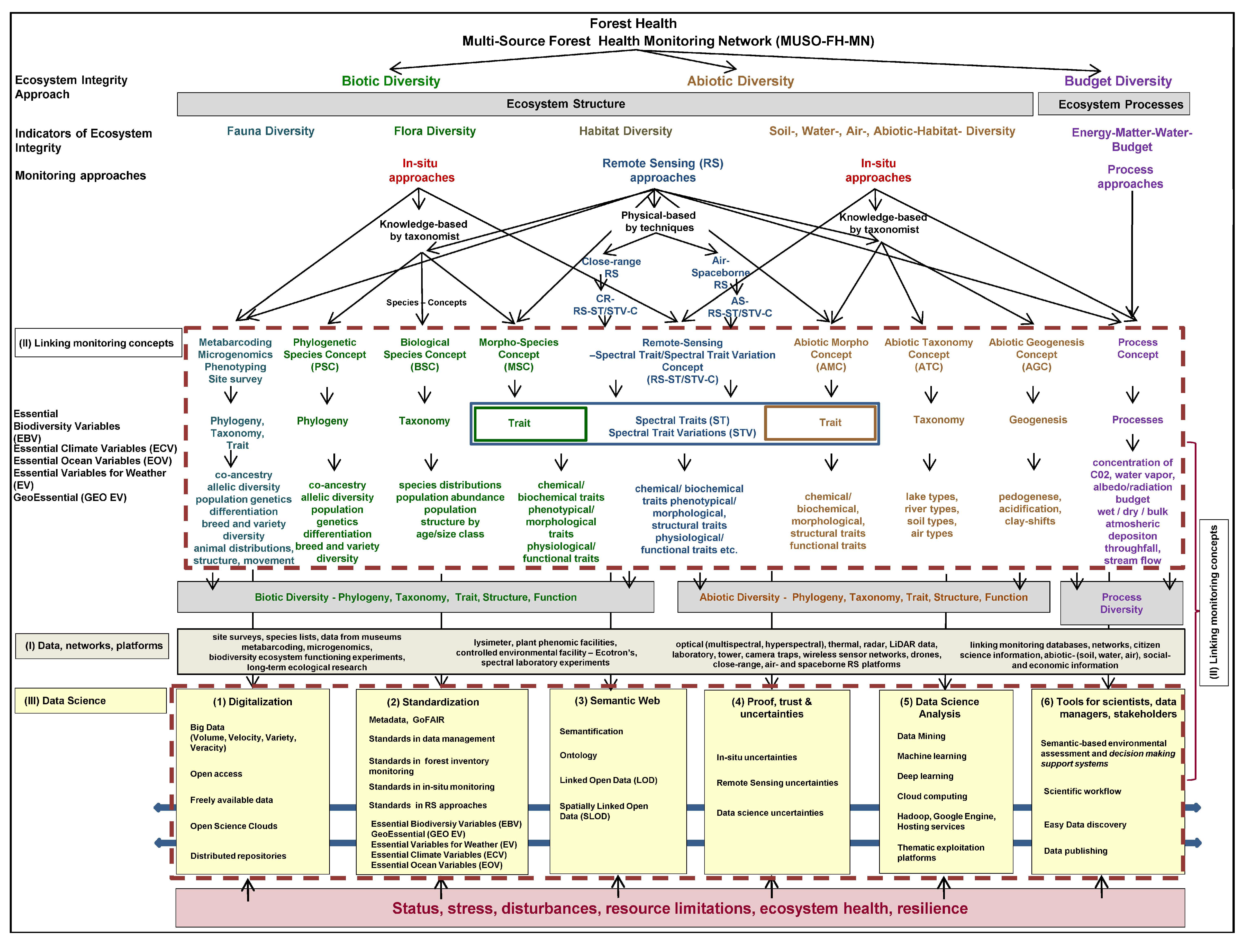

This study has enhanced our understanding of the neural underpinnings of aggression and violence, pointing to the importance of alpha and beta frequency bands and their connectivity in frontal brain regions. However, we found increased synchronicity in frontal regions in the alpha and beta frequency bands indicating enhanced connectivity in frontal brain regions as a result of the HD-tDCS-intervention. Also, no increase in asymmetrical activity was found. Results showed no effect of HD-tDCS on the power in the different frequency bands. Before and after the intervention, the patients underwent a rsEEG task. The patients received 20 minutes of HD-tDCS two times a day on five consecutive days. In this study we aimed to investigate the effect of high-definition transcranial direct current stimulation (HD-tDCS) on frontal theta, alpha and beta frequency power, asymmetrical frontal activity, and frontal synchronicity in violent offenders.įifty male violent forensic patients diagnosed with a substance dependence were included in a double-blind sham-controlled randomized study.

Although in the past decade the biological underpinnings of aggressive behavior have been examined, research on neural oscillations in violent offenders during resting-state electroencephalography (rsEEG) remains scarce. Violence is a major problem in our society and therefore research into the neural underpinnings of aggression has grown exponentially.


 0 kommentar(er)
0 kommentar(er)
